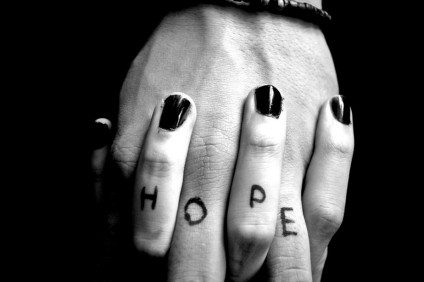Our country is experiencing a drug epidemic. 100 people die a day from drug overdoses. Heroin is taking out entire cities. People are becoming hopelessly addicted to painkillers. Meth labs are everywhere. But all is not lost. There is hope. There is healing. Today we are sharing with you a story of one of our friends, Harold. Harold’s story is one of pain and denial, but also hope and inspiration. This may mirror your life. This may mirror the life of your loved one. We want you to know that addiction can be treated and a fulfilling life can be had. Harold is proof. Read on. What is your background? When did you start using drugs or alcohol? I grew up in a home with domestic violence: I was verbally and physically used. I was sexually molested when I was 8-10 by our family’s priest. At the time, I couldn’t process it. I started drinking at a very early age – probably my early teens. It helped me to bury the pain. Eventually, I came forward to the police about the molestation, but it caused even more tension in my family. My mom told me that I thought I was gay because of the assault. Throughout high school, I was the odd man out. I was bullied and tried to be someone I wasn’t – I dated women, drank heavily, smoked pot and took ecstasy. What happened after that? Eventually, I progressed to doing coke, and then moved onto meth. I tried to do a geographical fix and moved across the country from New Jersey to Chicago. But there, things got worse. I continued using meth. I became homeless and was out on the streets, and started prostituting for drugs. I started getting sick and I knew it was the virus, so I came home to New Jersey and told my parents everything. It was Halloween of 2006 that I found out that I had tested positive for HIV. How did you get into treatment? At first, I tried just going to some 12-step meetings and AA, but without success. So then, I went to transitional housing for people with HIV. While there, I was able to start and complete school. I started working a lot and really pushing myself physically, mentally, and emotionally. I started doing coke again and I burned out fast. I ended up being diagnosed with paranoia. I was able to get on medication for the paranoia and get help at a place that could treat both the mental illness and addiction. What is the most important thing you learned about yourself? While I was there, I learned that I needed help – that I couldn’t get healthy just on my own. Through 12-steps, continued therapy, and support groups, I was able to find growth in myself. I realized that when I was younger, that I hadn’t processed the trauma and pain that I had experienced. Instead of processing it, I had numbed it with the drugs and drinking. It took time to work through it, but it was so important for me to do that in the process of my recovery. How has your family healed since you sought help? I now have my family back in my life – and they’ve become more open and accepting of me, and helped me through a lot of things. How long have you been sober and what keeps you sober each day? I’ve been sober a little over six months now. I take it one day at a time. I call my sponsor, I’m part of a sober network, I pray. It takes a lot of prayer, and I don’t just pray for myself. I pray for the well-being of family, friends, and those around me. I believe God gives back what you put out there. What would you tell someone who can identify with your situation? I’d tell them to hang in there. You’re about to go through one of the hardest times of your life; it is going to be painful, it is going to hurt, but it’s going to be worth it. Don’t afraid to ask for help. There are people that will help and support you through this, and with them, you can get through it. There is hope and there is help. For anyone struggling with mental illness and addiction, I would say that you have to accept the illness. Just because you accept it, doesn’t mean you are broken. Get the help you need, and if one thing doesn’t work – try another. Because it can get better. You just have to get treatment from a different avenue. When you’re dealing with a mental illness, you think that people are going to think you’re crazy. The truth is, more people are going through it than you think. Once I started opening up about my mental illness, I talked to so many people I knew who were going dealing with the same issues and on the same medications and going to the same therapy. There’s a lot of people who are there for you for support and help – just reach out.
Harold’s Story: Hope in the Face of a Drug Epidemic


